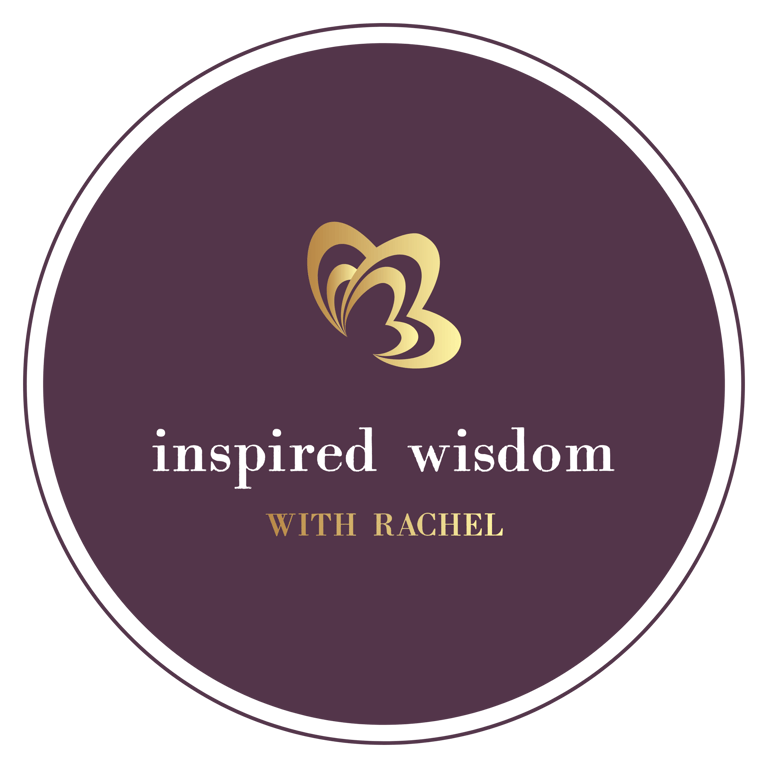Guilt or Remorse? Identifying What Makes a Difference for Lasting Change.
10/7/20242 min read


On Yom Kippur do we tap into feelings of guilt or of remorse? What's the difference?
Guilt serves as a starting point; it's the initial recognition that something went wrong. It's a superficial feeling, a step below remorse, because it focuses on ourself—the ego. With guilt, one might feel bad but often feels powerless to stop the wrong behavior or thoughts. Why? Because guilt gives birth in the mind but does not reach the heart. It is based on our limited understanding of what we are truly capable of.
Remorse, on the other hand cultivates deep from the heart, and touches the soul. It has the power to transform an individual entirely because the focus is not on the ego (how WE feel), but rather the individual that was hurt. In doing so, we start to see that not only could we have done better, but we ARE better. We have more to offer, and we neglected to do so. Whereas guilt starts and ends with negativity, remorse is empowering, freeing and where true transformation can take place.
But how can we move from guilt to remorse? When we feel powerless and heavy with guilt, the way out is not merely to say "I'm sorry" to Hashem, but rather to ask Hashem for help to get out of the wrong behavior/thoughts. We are only able to do this through humility. By acknowledging that God personally gives us SO much, the least we can do is to do what is right by others—the very beings that God created. It's in this longing for help from Hashem to give us strength to do better, that we can elevate ourselves from guilt to remorse.
People rely on our integrity, the honesty of our intentions and actions. But just as importantly, our soul needs US too. What is a soul? A piece of God's truth, eager with innocence and vitality to bring forth light and goodness. The opportunity for our soul's expression is found through our connection to others. Developing a sense of responsibility in this connection by focusing on the other person and asking ourselves how we would feel in their shoes, is how we move from guilt to remorse.
Experiencing REAL teshuva (repentance) is what we get from manifesting true remorse...and this is the way we return back to who we were meant to be in the first place.
